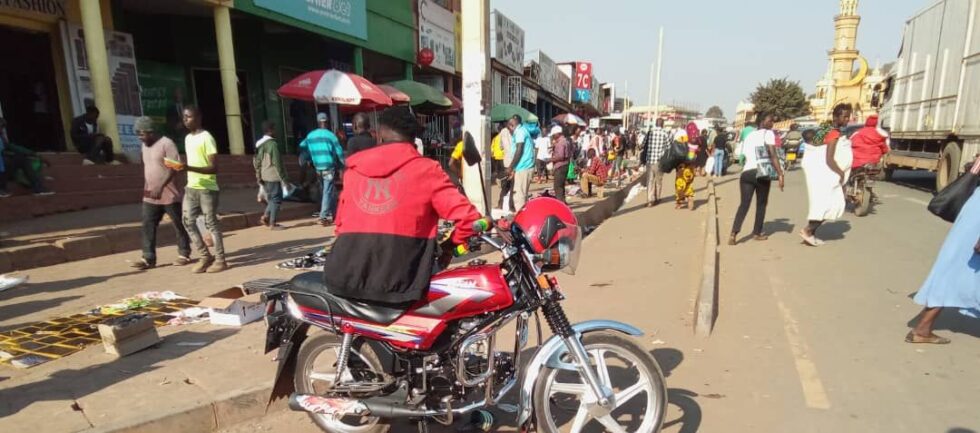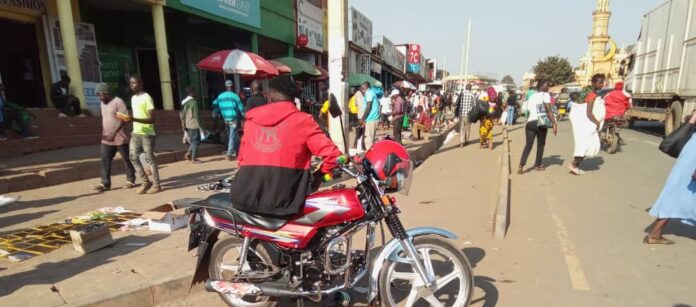By Burnett Munthali
The capital city of Lilongwe is grappling with a growing threat on its roads—an overwhelming presence of unregistered and unlicensed motorbikes.
These motorbikes, commonly known as “Kabaza,” have become a popular means of transport, especially in high-density areas and places where minibuses cannot easily access.
However, their benefits are increasingly overshadowed by the dangers they pose to road users, including pedestrians, passengers, and the riders themselves.

One of the biggest concerns is that many of these motorbikes are operated by individuals who have never undergone formal riding training or acquired a valid driver’s license.
Without basic knowledge of traffic laws and safety protocols, these riders often engage in reckless and dangerous behavior such as speeding, overtaking in blind spots, and riding on pedestrian walkways.
The absence of registration plates on many of these bikes makes it almost impossible for authorities to trace them in the event of an accident or criminal activity.
This anonymity has created a fertile ground for hit-and-run incidents and has even been exploited for snatch-and-run crimes, especially in market areas and bus depots.
Moreover, the lack of insurance on unregistered motorbikes means that victims of accidents are left without any compensation or legal remedy in the event of injury or death.
Hospitals in Lilongwe have recorded a steady rise in accident cases involving motorbikes, with many victims being left permanently disabled or financially burdened by medical bills.
The chaotic integration of unregulated motorbike taxis into the city’s transport system is also causing unnecessary congestion, especially during peak hours.
The danger extends beyond the riders and passengers; even private motorists and cyclists are at risk due to the unpredictable movements and disregard for road rules by unlicensed operators.
This situation is made worse by the limited enforcement of traffic laws and the inability of traffic police to keep pace with the rapid increase of these bikes.
To address this challenge, the government needs to implement a nationwide crackdown on unregistered and unlicensed motorbikes operating in urban centers like Lilongwe.
All commercial motorbike operators should be required to undergo mandatory training and obtain a valid rider’s license before being allowed on the roads.
Strict penalties must be enforced for those who ride without registration, insurance, or a license, including confiscation of the bike and fines.
Local councils should establish formal motorbike taxi associations to regulate the behavior and operations of riders, including route planning and fare structures.
There should also be a digital database that links each registered motorbike to its owner, license, and insurance details for easy monitoring and accountability.
The Road Traffic Directorate should work with the Malawi Police Service to conduct regular inspection and registration campaigns, especially in urban hotspots where motorbike taxis are heavily used.
Additionally, public awareness campaigns must be rolled out to educate both riders and the general public on road safety and the dangers of using illegal transport services.
The safety of Lilongwe’s roads depends on proactive action, consistent enforcement, and community involvement in addressing this alarming rise in unregulated motorbike use.
Ignoring this growing threat could turn the city’s roads into zones of chaos, injury, and irreversible tragedy.



